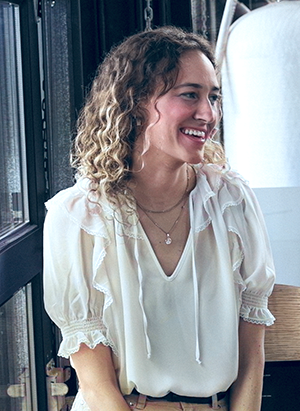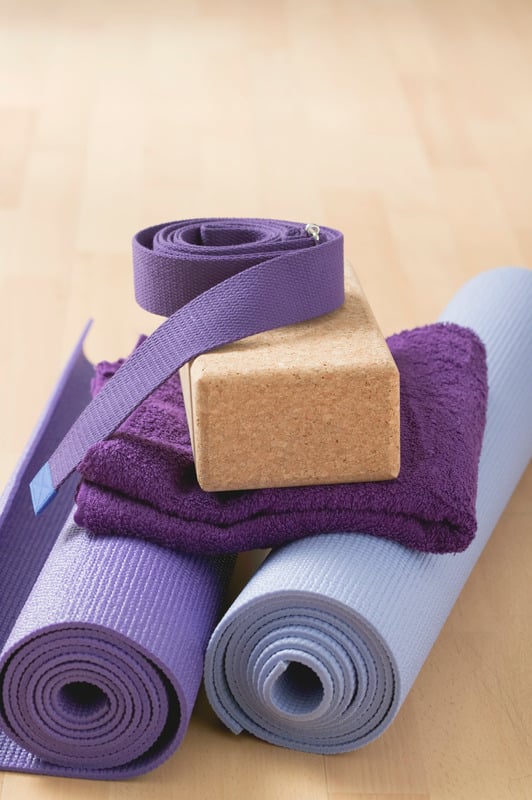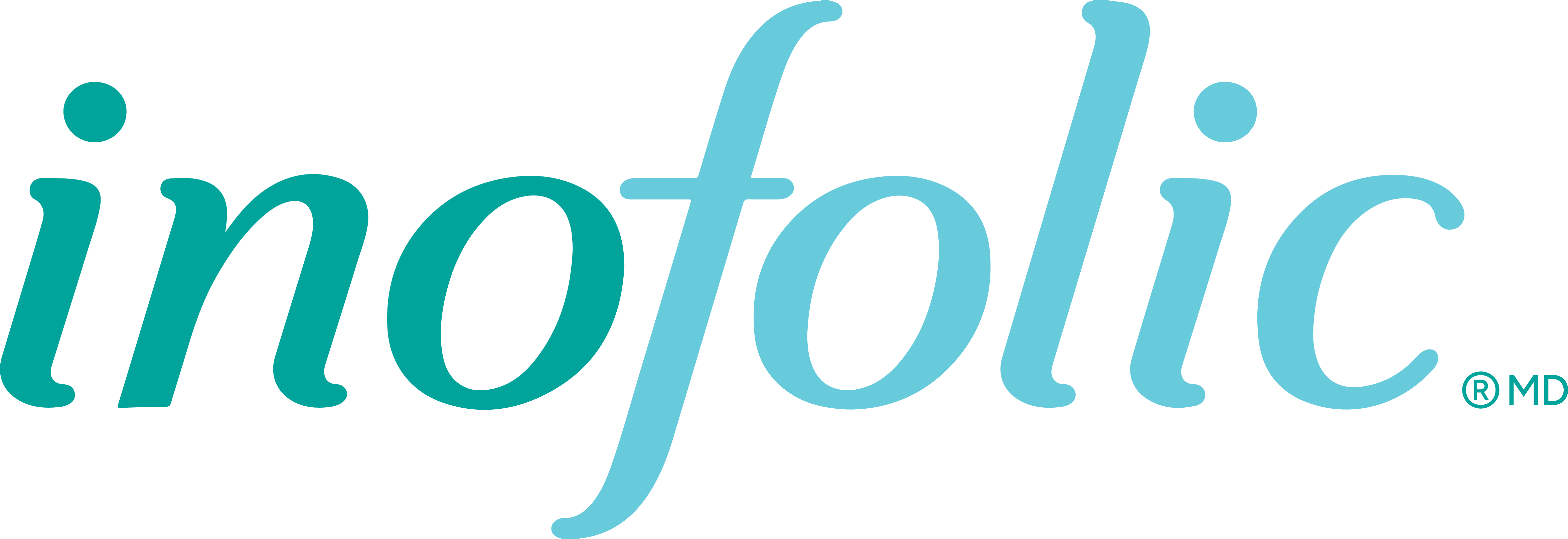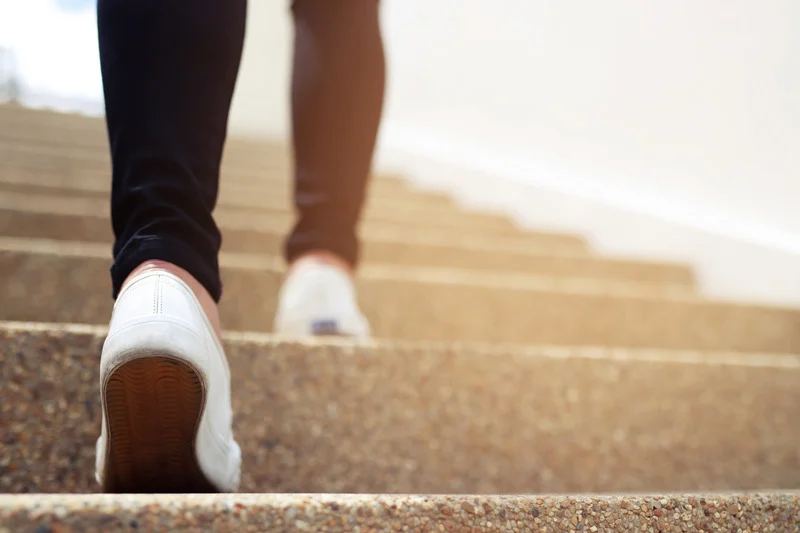How I manage my PCOS symptoms
By Taryn Coulson
I was diagnosed with PCOS when I went off the Birth Control pill at 27. I started noticing thick, dark hairs growing on my upper lip and chin (hirsutism), which prompted my doctor to order some blood tests and an ultrasound which confirmed my diagnosis.
The hair growth worsened as time went on and started contributing to stubborn cystic acne. I was lucky to have had clear skin for most of my life, so this feeling of uneasiness, along with my new PCOS diagnosis really took a toll on me emotionally.
It affected my self-esteem: feeling self-conscious about my interactions with people, thinking they were all staring at the dark hairs on my face and inflamed skin. Deep down I knew there was so much more to my self-worth and beauty than my appearance, but I couldn’t help but focus on it, which only made it worse.

It’s been 7 years since then, and I’ve learned a lot more about PCOS and the root causes of how the symptoms present in my body. I learned that hirsutism is a sign of higher-than-normal levels of androgen hormones (like testosterone) in women with PCOS. Knowing that, I have been able to find solutions to help balance my hormones and ultimately slow the hair growth and clear my skin (yay!).
I saved up for laser hair removal a few years ago which helped immensely, but because the hair growth is a symptom of my PCOS, it is not a permanent solution. I still go for occasional maintenance appointments, but in combination with my other lifestyle habits, it has really helped to keep things clear.
Balancing my blood sugar has been super important, since insulin resistance is so common in PCOS and is one of the drivers of my hirsutism and acne. I started taking an inositol supplement and it seriously curbed my sugar cravings which helped so much with clearing my skin and slowing the hair growth.
In addition to supplements, I focus on eating lots of veggies, berries, whole grains, high quality fish, and trying everyday to “eat the rainbow”. I notice when I am mindful about removing inflammatory foods like dairy, alcohol, and processed sugars from my diet, my symptoms improve immensely.
Lastly, I try to keep active. I ride my bike everywhere, and also love pilates, yoga, swimming, dancing, and hiking. I aim for a minimum of 30 minutes of movement a day– even something simple like going for a walk every day on my lunch break. When I’m having a day where my self-confidence is low, moving my body really helps. It allows me to stop overthinking and reminds me that there is so much more to life than my PCOS and the symptoms it causes.
I will most likely always struggle with hirsutism and acne, but knowing I have the power to create change and improve my PCOS symptoms through my actions and lifestyle choices is very encouraging, and I’m proud of how far I’ve come.



